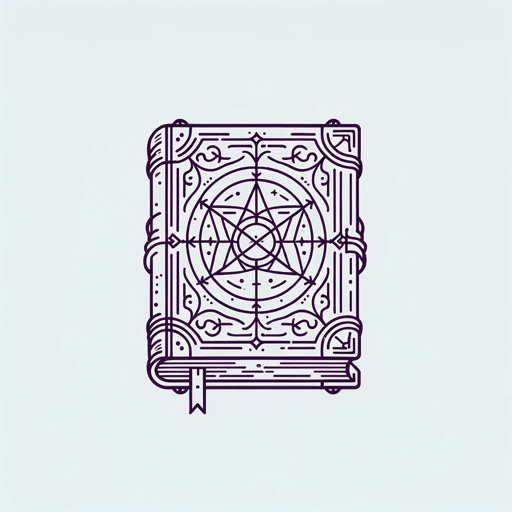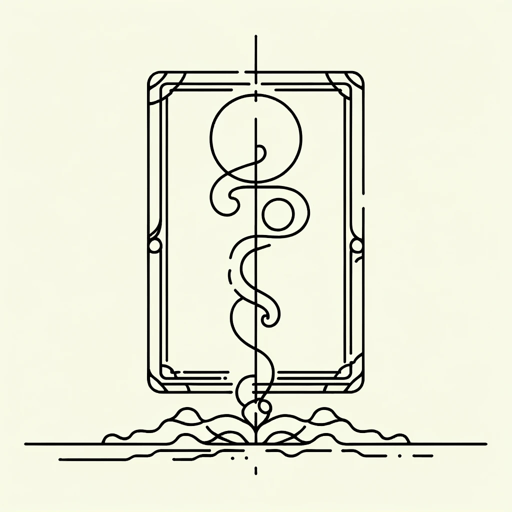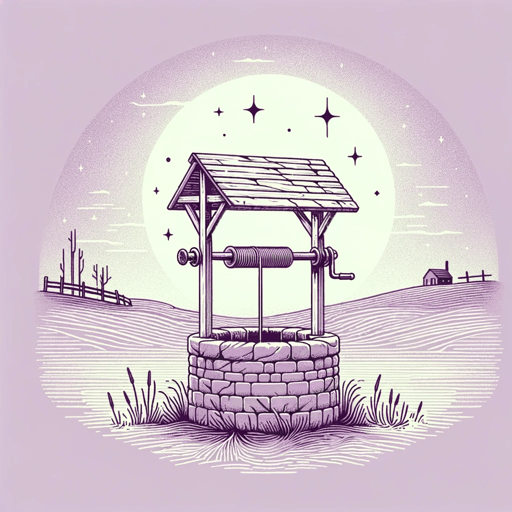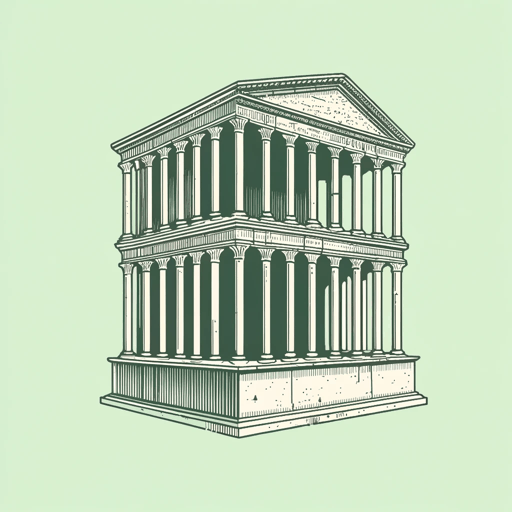36 pages • 1 hour read
H. P. LovecraftThe Dunwich Horror
Fiction | Novella | Adult | Published in 1929A modern alternative to SparkNotes and CliffsNotes, SuperSummary offers high-quality Study Guides with detailed chapter summaries and analysis of major themes, characters, and more.
Important Quotes
“That the kind of fear here treated is purely spiritual.”
(Chapter 1, Page 674)
In The Dunwich Horror, fear is existential, or cosmic, rather than physical. Cosmic Horror concerns the terrifying implication of what lies beyond the immediate world. The village of Dunwich is home to a lingering sense of dread. The local people cannot quite discern what makes their home feel so strange, so they decide to willfully ignore it.
“Noises in the hills continued to be reported from year to year, and still form a puzzle to geologists and physiographers.”
(Chapter 1, Page 677)
The “noises in the hills” heard throughout Dunwich are a physical (677), audible expression of the village’s deep-rooted malaise. The people have become so acclimatized to the sense of dread and to the sound that they hardly hear it anymore. Added to this, scientific attempts to categorize and define the sound have proved impossible. Science cannot define the indefinable, adding to the sense of cosmic horror that lingers over Dunwich.
“Less worthy of notice was the fact that the mother was one of the decadent Whateleys, a somewhat deformed, unattractive albino woman of thirty-five.”
(Chapter 2, Page 678)
In H. P. Lovecraft’s world, moral decay is often associated with physical abnormality. The Dunwich Horror treats the medical condition of albinism as an indication of moral corruption, describing Lavinia as different and other from the rest of society. This moral corruption is “decadent,” hinting at the author’s reactionary disgust with the modern, debauched world.
Related Titles
By H. P. Lovecraft





